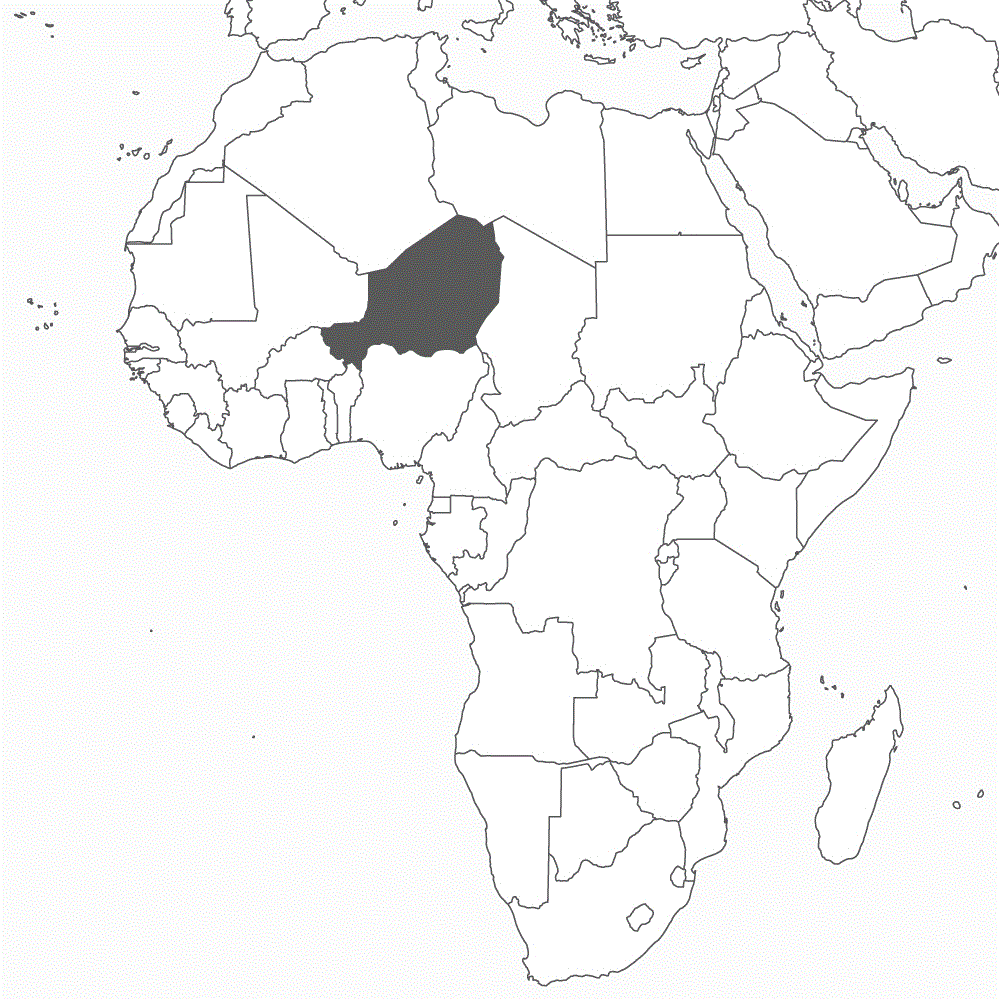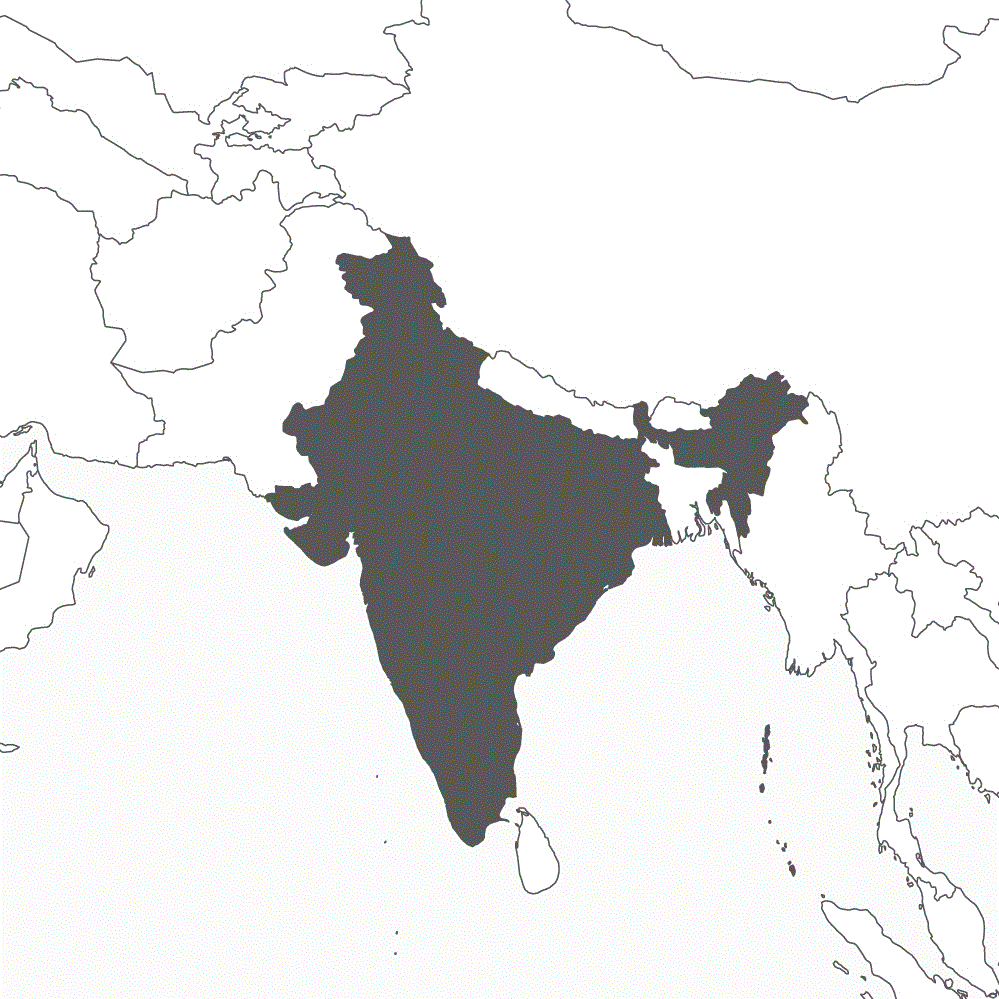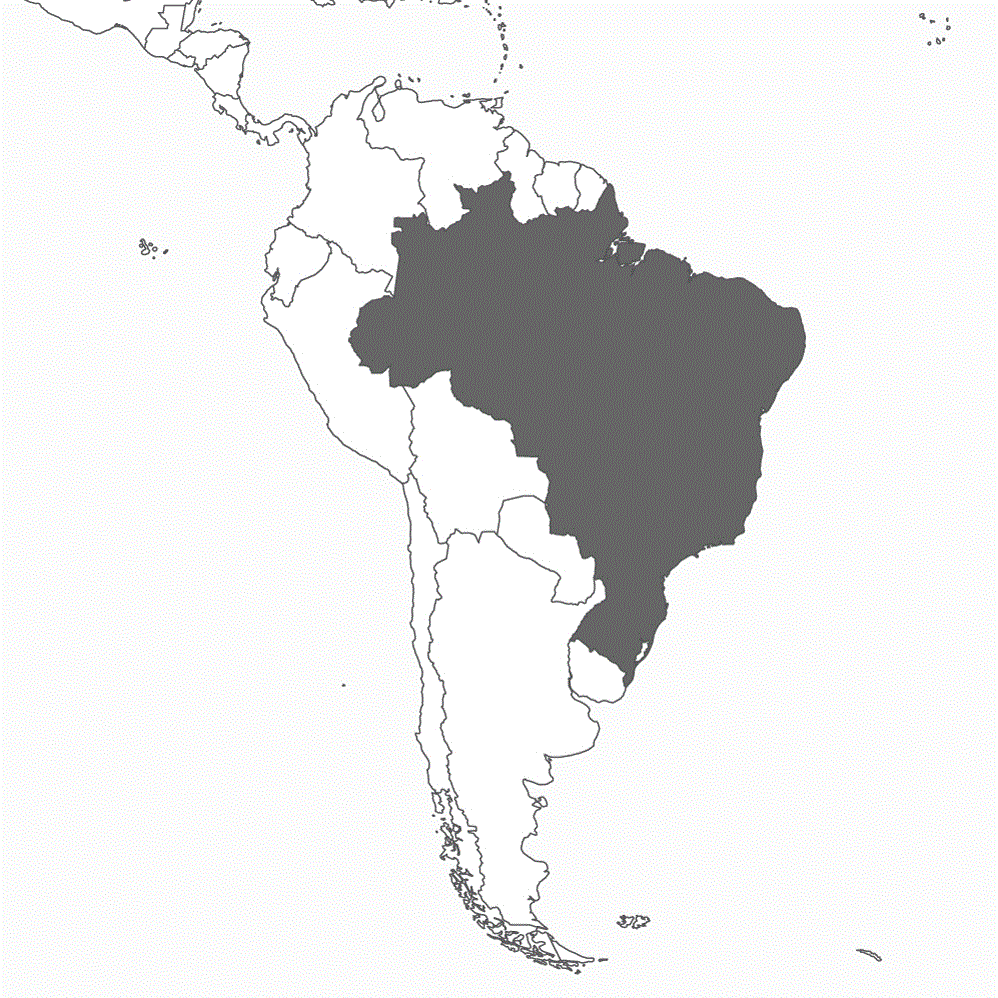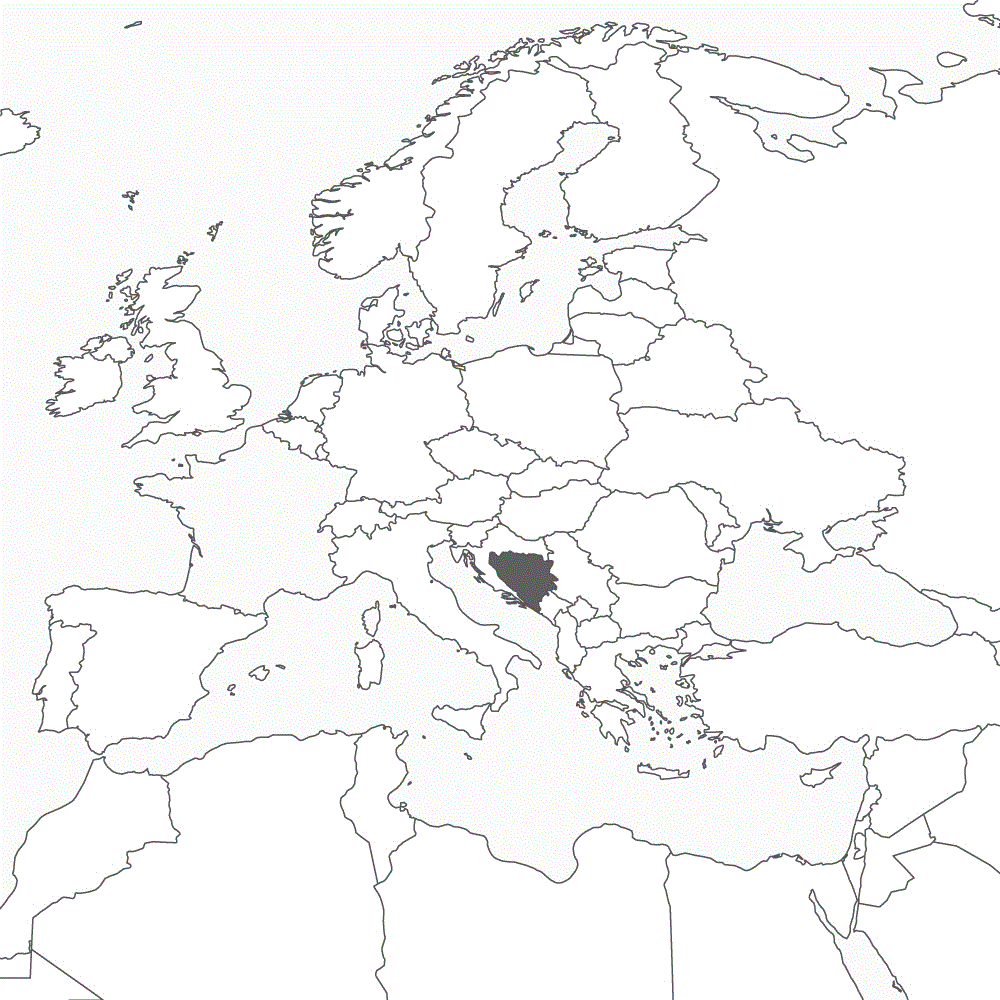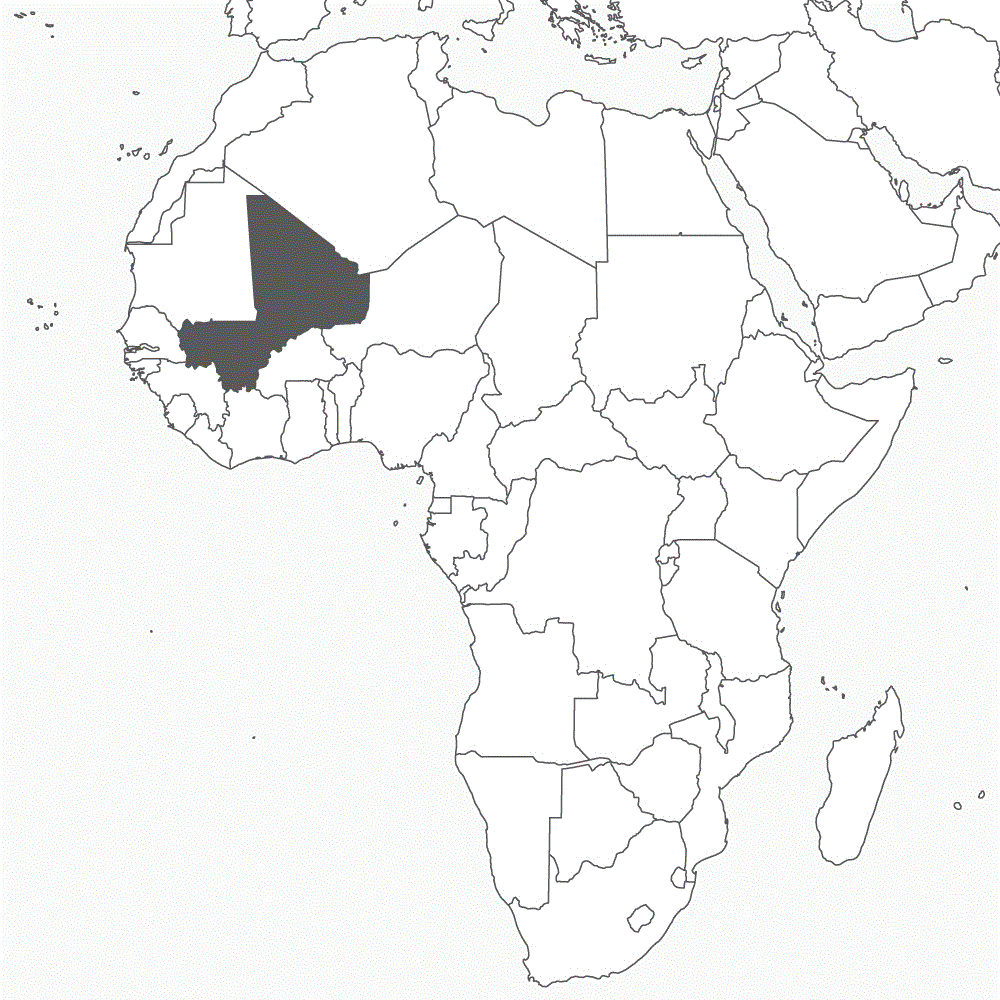“A Reliable Partner”
After the putsch in Niger, Berlin increases pressure on putschists. Ex-President Bazoum, extremely unpopular in the country, relied on Western powers and is considered a “reliable partner” by Germany.
NIAMEY/BERLIN (Own report) – Germany, France and the EU are increasing their pressure on the putschists and calling for the reinstatement of President Mohamed Bazoum’s government. France even threatens Niamey with military action. Bazoum has proven to be “reliable partner” for Europe, declared German Foreign Minister Annalena Baerbock and assured him her “full support.” Iin Niger, however, Bazoum and the ruling PNDS party, are “extremely unpopular,” according to Abdourahmane Idrissa, a political scientist from Leiden and Nigerien NGOs, because the government was brutally suppressing social protests, in reliance on its close relations with Western powers. In any case, the country’s armed forces are unpopular, because they have been operating in the Sahel for nearly ten years without success. The leader of a Nigerien NGO calls on the European states to finally “take the opinions and interests of the people in the Sahel seriously.” Their refusal to do so, is contributing to the growing rejection of their military presence in Niger. The putschists have taken up this issue. Read more
Accelerated Arms-Buildup
With German participation, NATO accelerates preparations, begun in 2014, for war with Russia. German Ministry of Economy seeks dismantlement of democracy to accelerate arms-buildup.
VILNIUS/BERLIN (Own report) – Led by Minister Robert Habeck (the Greens) the German Federal Ministry for Economic Affairs and Climate Action is putting the parliament’s right to have a say in major military procurements into question, according to an expertise presented by Habeck’s advisors on Tuesday. The Green-led ministry is hoping to save time in the arms-buildup, by curtailing democratic processes. Last April, Defense Minister Boris Pistorius (SPD) declared the “time factor” to be the essential criterion in his reform of military procurement. In the current procurement reform, transatlantic voices are gaining the upper hand, favoring a rapid upgrading in the Bundeswehr’s capabilities, at the expense of the promotion of an independent European arms industry. This is provoking new tensions with France. Germany is conducting its arms buildup largely within the NATO framework. The military alliance has recently confirmed its armament policy at its Vilnius summit. The NATO members agreed on further measures allowing them “to respond faster and at a greater scale.” Read more
“An Irreversible Demographic Shock”
Experts warn of a permanent massive population loss in Ukraine due to war fatalities and flight. In particular, the shortage of young and highly qualified people endangers reconstruction.
KIEV/BERLIN (Own report) – Experts predict an “ irreversible demographic shock” and massive problems in recruiting the necessary workforce for post-war reconstruction. The country’s population had already dropped 20 percent from 1990 to 2021, according to a current study by The Vienna Institute for International Economic Studies (WIIW). War fatalities and refugees have further reduced the population. Because mainly younger and well-educated people have fled, and a significant portion of the Ukrainian refugees want to permanently remain within the EU, reconstruction will be impacted by the lack of particularly important segments of the population. According to WIIW, by 2040, the working-age population in Ukraine will shrink by 22.6 percent to 25 percent compared with pre-war levels in 2021 – with serious consequences for the entire country. The longer the war lasts, the more severe will be its impact. Kiev must urgently initiate repatriation programs for refugees. This will, however, encounter rivalry also with Germany, because German companies are looking for low-cost skilled labor from among the Ukrainian refugees. Read more
No Alternative
On visit to India, Habeck promotes conclusion of free trade agreement with EU. German business representatives clearly reject plan to substitute trade with India for that with China.
NEW DELHI/BERLIN (Own report) – On his visit to India, German Economy Minister Robert Habeck is pushing for a swift conclusion of a free trade agreement with the EU. “We have the opportunity now to make progress within the next six months,” Habeck declared in New Delhi yesterday. The agreement has been under negotiations since 2007. They were suspended in 2013 and resumed only last year. According to the Berlin-based German Institute for International and Security Affairs (SWP), both sides are under pressure to conclude the agreement. However, “there is good reason to doubt” whether the two parties’ highly diverging interests can be reconciled. Skeptical assessments are also being made concerning Berlin’s plans to transfer as much German trade as possible from China to India. In view of India’s excessive bureaucracy and serious infrastructure deficiencies, Princeton economist Ashoka Mody warns that “the allegation that India is booming, is completely false.” Prospects are currently emerging in the solar industry. Berlin also wants to boost its arms exports – partly to counter the Indian-Russian arms cooperation. Read more
Master of Double Standards
Berlin accuses Moscow for suspending the grain deal, but ignores impact of anti-Russia sanctions on the Global South regarding grain, fertilizer and natural gas supplies.
BERLIN/MOSCOW (Own report) – The German government is making serious accusations against Russia for suspending the grain deal with Ukraine. The fact that, since the beginning of the week, Moscow has pulled out of the deal that allowed Ukraine to export grain via the Black Sea, shows that President Vladimir Putin is “again using hunger as a weapon against the whole world,” German Foreign Minister declared on Monday. The absence of grain deliveries from Ukraine – just like the war-related slump in Ukraine’s harvest – is an additional danger for the already precarious food supply, particularly to poorer countries. This, however, also applies to Western sanctions, which impede Russian grain and fertilizer exports – to the detriment of the Global South. While the EU is perfectly capable of facilitating Russian exports to satisfy its own needs – such as nuclear fuel and nickel – it refrains from enabling those Russian exports that are urgently needed in poorer countries. Depriving themselves from Russian pipeline gas in their sanctions frenzy last year, EU states bought up LNG away from countries such as Pakistan, thereby driving them into more severe crises. Read more
EU’s Latin America Offensive (III)
In the run-up to next week’s EU-CELAC summit, resistance grows in Latin America against exploitation as a raw material supplier to EU. Latin American countries demand reparations for colonial crimes.
BRUSSELS/BRASÍLIA (Own report) – Serious tensions are casting a shadow over EU’s summit with the Community of Latin American and Caribbean States (CELAC) that will begin next Monday. With this summit, the first since 2015, the EU seeks to revitalize its relations with Latin American states. This has to be seen in the context of the EU’s endeavors to improve its access to the subcontinent’s natural resources, which are essential for the EU’s energy transition – from lithium to green hydrogen. This is being met with resistance. “No one” can “doom” Latin American countries “to being suppliers of raw materials, that others process industrially,” to then “sell us the over-priced products,” Argentina’s President Alberto Fernández recently protested. Controversy also exists over the EU-CELAC summit declaration. With regards to the Ukraine war, CELAC also refuses to side with the West and instead demands a written admission to the crimes committed under European colonial rule – and a commitment to pay reparations. It looks like the CELAC nations want to be perceived as equal partners,” an EU diplomat notes. Read more
“Prerequisites for Victory”
Rheinmetall will open an armored vehicle plant in western Ukraine within the next 12 weeks. Green Party MP calls for supplying cruise missiles, CDU politician speculates about Kaliningrad blockade.
BERLIN/KIEV (Own report) – The German arms company Rheinmetall will soon open an armored vehicle plant in Ukraine, the company’s CEO, Armin Papperger told US broadcaster CNN. Rheinmetall will open the plant in western Ukraine within the next 12 weeks, where it will build and repair the Fuchs armored personnel carrier in cooperation with Ukraine’s state-owned Ukroboronprom. According to German government sources, Chancellor Olaf Scholz will announce a new “very substantial” arms supply for Ukraine at the NATO summit beginning in Vilnius today. According to these sources, the German government will not yet deliver Taurus cruise missiles, which Kiev has already been demanding since some time. With a range of more than 500 kilometers, they could be launched deep into Russia. The US announcement of supplying Ukraine with cluster munitions is being met with comprehension by the German government. Roderich Kiesewetter, a CDU member of the German parliament suggests that, under certain conditions, “Kaliningrad could have its Russian supply lines cut.” Read more
Colonial Octroy
The High Representative for Bosnia-Herzegovina, Christian Schmidt (CSU) is escalating the conflict in that country with a colonial style octroy. The objective is to reduce Russia’s influence.
SARAJEVO/BERLIN (Own report) – The CSU politician and High Representative for Bosnia-Herzegovina, Christian Schmidt, is exacerbating the domestic conflict in the country of his assignment to the point of an uncontrolled escalation. Schmidt has held the – non-democratically legitimated post – for nearly two years and exercises quasi-colonial powers over Bosnia-Herzegovina. Last autumn he used these to impose a new electoral law during the electoral process. This step has provoked strong national and international protest, especially because it reinforced the Bosnian-Croat nationalists and weakened the Bosnian-Serbs. According to observers the objective is to undermine Russia’s remaining influence in the power struggle against Moscow. Now Schmidt is again in a confrontation with the Serbs in a dispute over Bosnia-Herzegovina’s constitutional court – in which one third of its judges are chosen by the West – and he is threatening to imprison officials abiding by a new Bosnian-Serb law. The situation threatens to get completely out of hand. Speculations are heard pertaining to EU military activities. Read more
The Debate on Security Guarantees
German think tanks call for Ukraine’s NATO membership and security guarantees provided by a European coalition of the willing. Ukraine may want to seek nuclear weapons.
BERLIN/KIEV (Own report) – In the run-up to the NATO summit in Vilnius, Germany’s two major foreign policy think tanks are calling for Ukraine’s accession to the Western military alliance. In recently published position papers, the German Institute for International and Security Affairs (SWP) and the German Council on Foreign Relations (DGAP) note that US President Joe Biden has rejected this move, at least for the time being. However, alternative security guarantees for Kiev are neither sufficient, desirable nor realistic. The latter pertains to a “demilitarization of Russia.” The option of Ukraine’s nuclear armament is undesirable. Current plans to comprehensively provide Kiev with conventional weapons, for example with the proposed construction of a tank factory and other armaments factories by the Rheinmetall Group, are insufficient. The DPAG suggests the establishment of a coalition of willing European countries committing themselves to actively participating in Ukraine’s defense. But this can only be considered an interim solution until the moment Ukraine is a formal member of NATO. Read more
On the Path Toward Independence
The German Bundeswehr must terminate its failed operation in Mali ahead of schedule. The quest for independence from the West is gaining momentum in Mail and in neighboring Burkina Faso.
BAMAKO/OUAGADOUGOU/BERLIN (Own report) – The German Bundeswehr must terminate its failed operation in Mali ahead of schedule and withdraw from that West African country by December 31. This is the consequence of last Friday’s UN Security Council’s decision to not extend the mandate of the UN MINUSMA blue helmet force. The precipitated withdrawal is also a setback for the German Foreign Ministry. Minister Annalena Baerbock had previously pushed through a decision that the Bundeswehr would remain in Mali until the end of May 2024, to have more time to counter Russia’s influence and maintain a German presence in that country during the elections scheduled for February 2024. The military government in Bamako had demanded MINUSMAs withdrawal and is now seriously pursuing its attempt to defeat the insurgencies in the country on their own – supported by arms supplies, particularly from Russia and China and with the help of a certain number of Russian mercenaries. Neighboring Burkina Faso, whose government has also expelled French troops from the country, is taking a similar approach. It is also seeking autonomy – without the assistance of Russian mercenaries. The quest for independence from the former colonial powers is gaining momentum. Read more
GERMAN-FOREIGN-POLICY.com
Information on German Foreign Policy: News + Interviews + Analyses + Background
